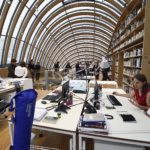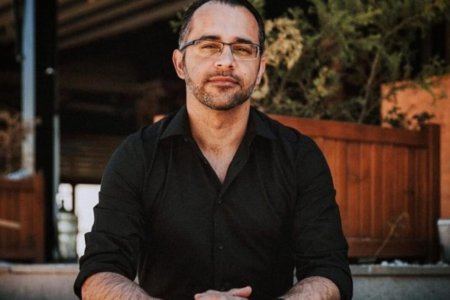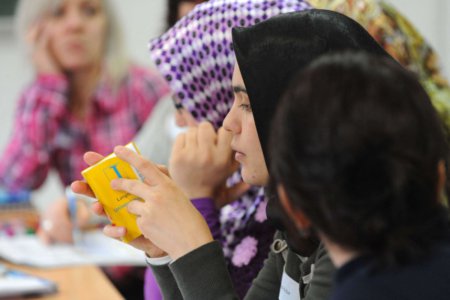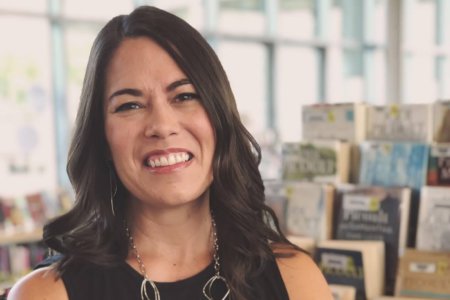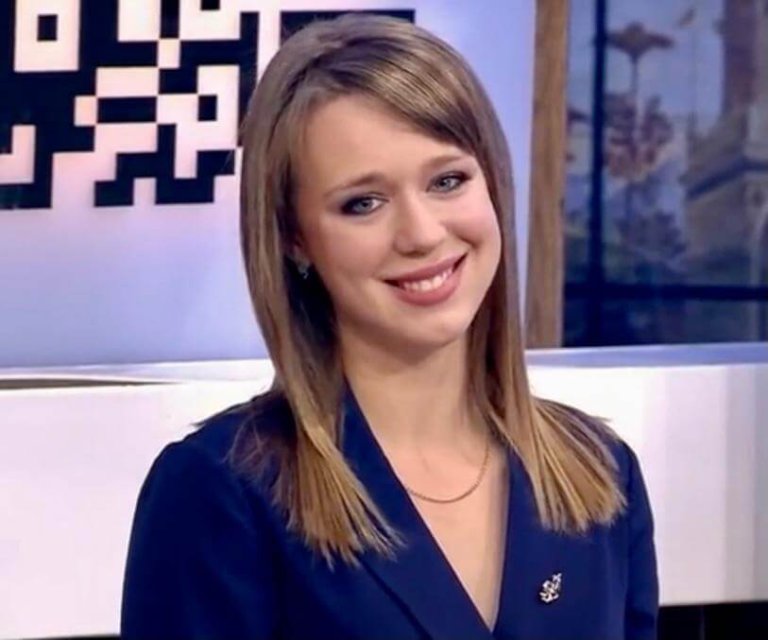
In a world stricken by a climate crisis, desperate for clean energy and rife with conflict, Inna Rodina and her master’s degree are set to stand out. That’s because her qualification from the American Middlebury Institute for International Studies is on what has been described as a “realistic solution to humanity’s greatest problem”: nuclear energy.
Specifically, their peaceful uses and how international cooperation can achieve this.
Despite her potentially world-changing programme, Rodina was just like any other international student: high tuition fees.
That is, until she won a nuclear energy scholarship offered by the International Atomic Energy Agency’s (IAEA) Marie Sklodowska-Curie Fellowship Programme . The scholarships supports women students in the field of nuclear energy. Today, Rodina is the first out of 100 scholars to graduate from the uni.
“Good knowledge in the field of nuclear energy gives not only many professional opportunities, but also skills that make it possible to really change the world for the better for everyone,” she says in an interview with Archynetys.
Below we speak to this Russian graduate on her passion for international affairs, nuclear energy, and her scholarship application process:
Walk us through your interest in international relations and affairs.
I’ve been interested in international relations since childhood. This was during the time my aunt told me about the Moscow State Institute of International Relations (MGIMO).
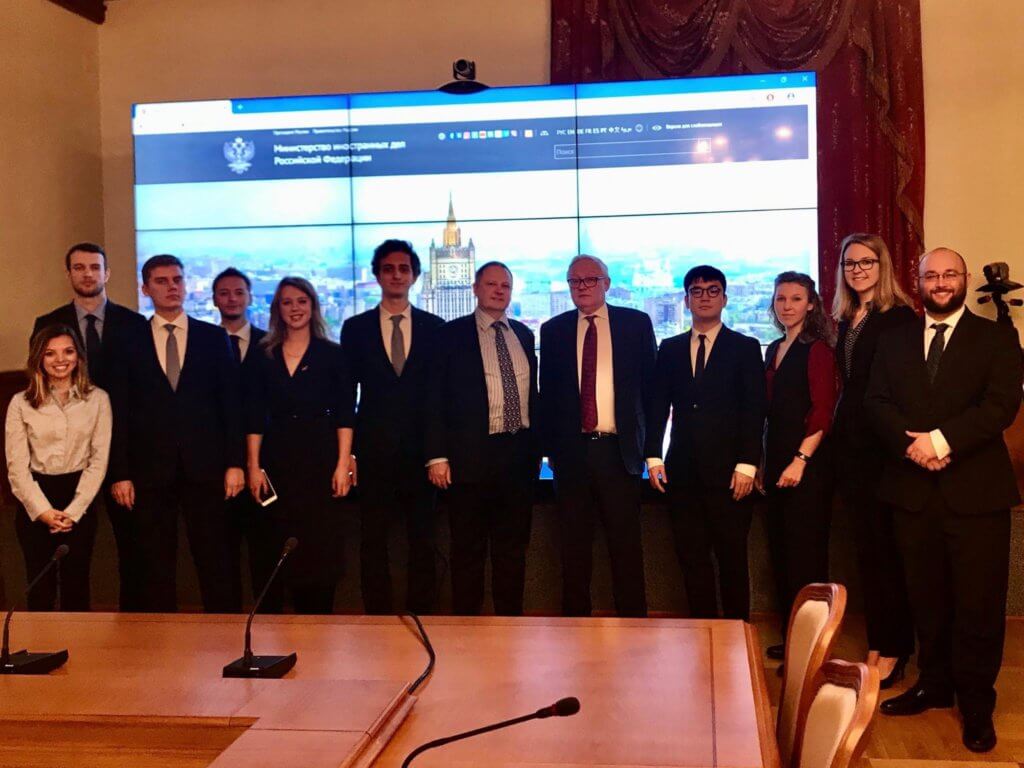
Rodina meets Russia’s Deputy Foreign Minister, Sergei Ryabkov. Rodina earned a master’s degree at the American Middlebury Institute for International Studies under a nuclear energy scholarship. Source: Inna Rodina
So, it became a dream of mine to study at MGIMO. However, it took a lot of hard work to enter the institute. I went through 11 diligent years of study at school and won the Russian television humanitarian olympiad.
This was called “Umnitsy and Umniki” which then led me to MGIMO.
What made you apply for the scholarship under the Marie Sklodowska-Curie Fellowship programme?
During my undergraduate studies, I met an amazing professor named Mr. Ildar Akhtamzyan who encouraged my passion about nuclear policy and nonproliferation. After receiving my degree, my choice was obvious.
This was to pursue a dual degree at MGIMO and Monterrey Initiative in Russian Studies (MIIS) in non proliferation and terrorism studies. This then led me to another dream, the IAEA.
When my friend told me about the fellowship I was not hesitant to apply straight away.
Walk us through your career trajectory in nuclear energy since graduating.
This June, I successfully defended my master’s thesis on “Peaceful Uses of Nuclear Energy: Prospects, Challenges and Legal Models for Russian Cooperation with the Middle East” and received my degree.
I am determined that this programme was an excellent choice for me. During the course, I’ve met wonderful professors whose knowledge and experience helped me get closer to my dream of becoming a professional in the field of nuclear policy and nonproliferation.
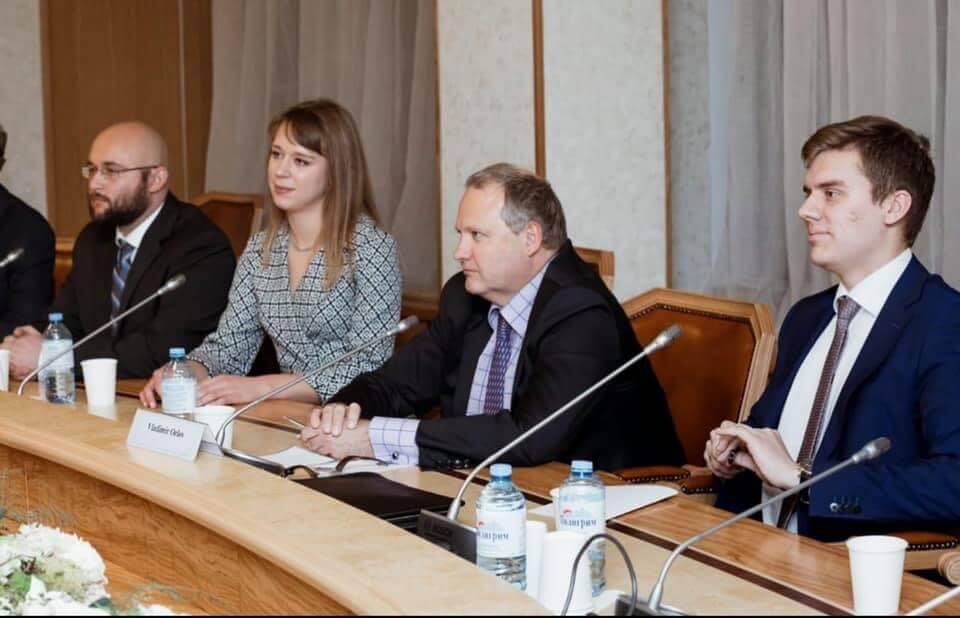
Thanks to her nuclear energy scholarship, Rodina had a terrific experience that will contribute to her career. Source: Inna Rodina
Thus, it wasn’t difficult to find a job in nuclear energy as in July, I was hired by the Centre for Energy and Security Studies (CENESS). In August, I was also hired as an international training specialist for Rosatom Technical Academy.
For now, I feel that I’m getting a terrific experience out of my career. I have the opportunity to apply my knowledge and skills but also learn a lot. I’m sure I’m on the right path to become an excellent professional in the field. January next year, I plan to head to the IAEA for an internship.
Can you tell us about the practical learning elements in your course and how you apply them to your life now?
It was obligatory to take an internship during the final semester under my master’s programme. So, I was lucky enough to be an intern at the Vienna Centre for Disarmament and Nonproliferation.
I met great professionals and gained new practical knowledge in nuclear energy there. The internship also helped me conduct excellent research for my thesis.
Moreover, during my studies, I took a one-year internship at PIR Centre where I successfully defended a research paper. This was the “Development of nuclear energy in Saudi Arabia within the framework of Saudi Vision 2030 in terms of prospects for nuclear energy cooperation and nonproliferation risks”.
My paper was then published in the Security Index both in English and Russian.
What are your tips for students to budget their finances abroad?
While in the US, I was working at the James Martin Centre for Nonproliferation Studies as a graduate research assistant. I was also a graduate researcher at the Graduate Initiative in Russian Studies which helped me budget my time there.
It goes without saying, my experience there was terrific.
Any words of advice for international students who want to enroll in the same course as you?
Believe in yourself, follow your dream, and good luck of course.






